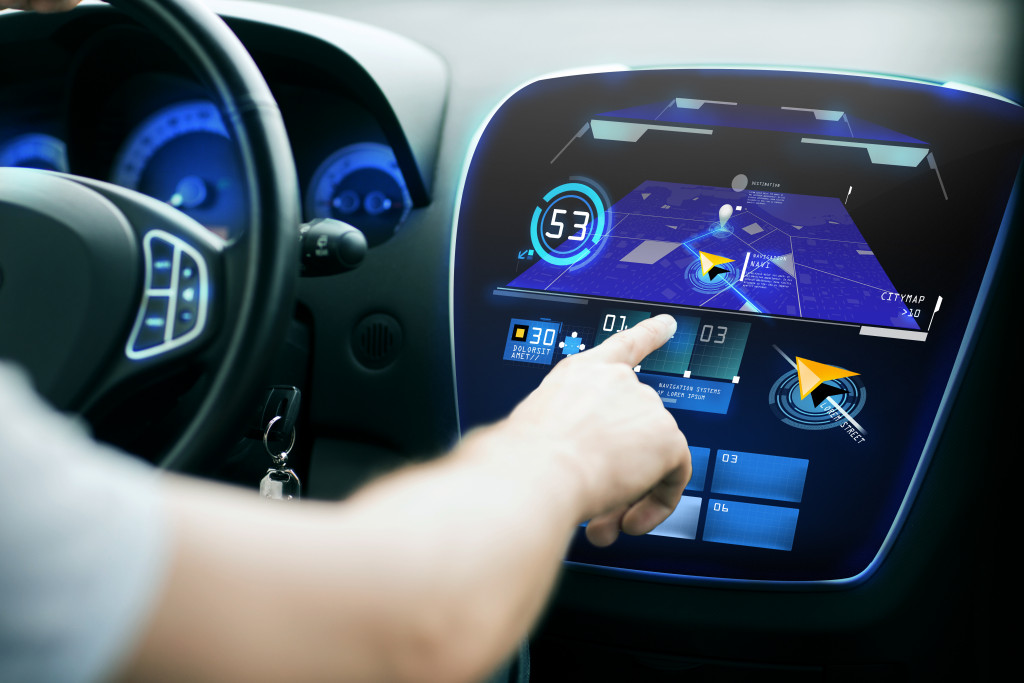For many, owning a car for the first time is a source of great excitement and anticipation. For those relying on public transportation or walking to get around, having access to their vehicle can be incredibly liberating and transformational. First-time car owners can experience greater independence and mobility with their newfound freedom.
According to the U.S. Department of Transportation, in 2020, there were over 276 million registered passenger vehicles in the United States alone. In total, that’s just over one car per person in the country, meaning that having a car is no longer considered a luxury item but something most people have easy access to in life. This is primarily due to technological advances that have made cars more affordable and easier to maintain.
The excitement of being a first-time car owner goes beyond simply having access to one’s mode of transportation. It’s also about personal growth and autonomy. According to research by CarGurus, 81% of surveyed drivers reported feeling more freedom after buying their first vehicle. Similarly, 73% experienced increased self-confidence and a newfound respect for themselves and others once they had their own set of wheels.
However, having a car comes with the responsibility of taking care of it. Here are a few things you need to remember when you’re a first-time car owner.
Maintenance and Repairs
Maintaining and repairing your car is essential for first-time car owners, as it ensures the safety of all occupants and keeps the vehicle running efficiently. Regular maintenance includes oil changes, tire rotations, and other general upkeep that helps preserve the car’s life. It also helps to prevent serious issues from arising in the future and can help to avoid costly repairs down the road.
Regular maintenance is essential for newer cars, as they often come with more complex systems that require regular servicing to keep running at their peak performance. This can include checking fluid levels, inspecting brake lines, changing spark plugs and air filters, examining suspension components, replacing worn belts and hoses, and more. All these measures help keep your car running smoothly while also allowing you to save money on future repairs or replacements.
It is also essential to stay on top of any necessary repairs that need to be done. Not only will this help maintain the safety of all drivers, but it will also help avoid potential damage to your engine or other parts of your vehicle, which could lead to costly repairs in the long run. When taking your car in for service or repair work, make sure you use a certified mechanic with experience working on your particular model so you know that all work is being done correctly.
Protective Features

Modern cars have a range of protective features to keep drivers and passengers safe. Many new models have airbags, anti-lock brakes, traction control systems, lane departure warning systems, blind spot detection systems, and other advanced safety features that can help prevent accidents or lessen their severity in the event of a crash.
First-time car owners need to familiarize themselves with these features, so they know how to use them if the need arises properly. Additionally, make sure you are taking the time to inspect your car regularly — look for any signs of wear or damage on any of its protective features so that you can ensure their proper functioning at all times.
Detailing will also be vital when protecting your car’s exterior, especially if you live in an area with harsh weather or high levels of dust and dirt. Washing your car regularly, waxing the paint, and applying a sealant on the exterior will help to protect it from scratches, fading, rust, and other forms of damage that can occur over time. You can take your car to a reliable auto detailing company to ensure it gets the proper care and attention.
Insurance and Registration
In most states, drivers must have car insurance to drive their vehicles legally. Not only does this help protect you and any other passengers from financial losses in the event of an accident, but it also helps to cover medical expenses, legal costs, and damage to your vehicle or property. When selecting a car insurance policy, make sure you know all the details and understand what kind of coverage you will get for your money.
Be sure to register your car with the DMV as well. This will give you access to license plates which must be affixed before driving on public roads. You may also need to pay specific fees or taxes depending on where you live, so make sure you look into those before registering your car.
Final Thoughts
Owning a car for the first time is an exciting experience with great responsibility. Taking the time to familiarize yourself with proper maintenance, protective features, and insurance requirements will help ensure you drive safely and legally while protecting your investment. Your vehicle can provide years of service without significant problems with effort and care.
